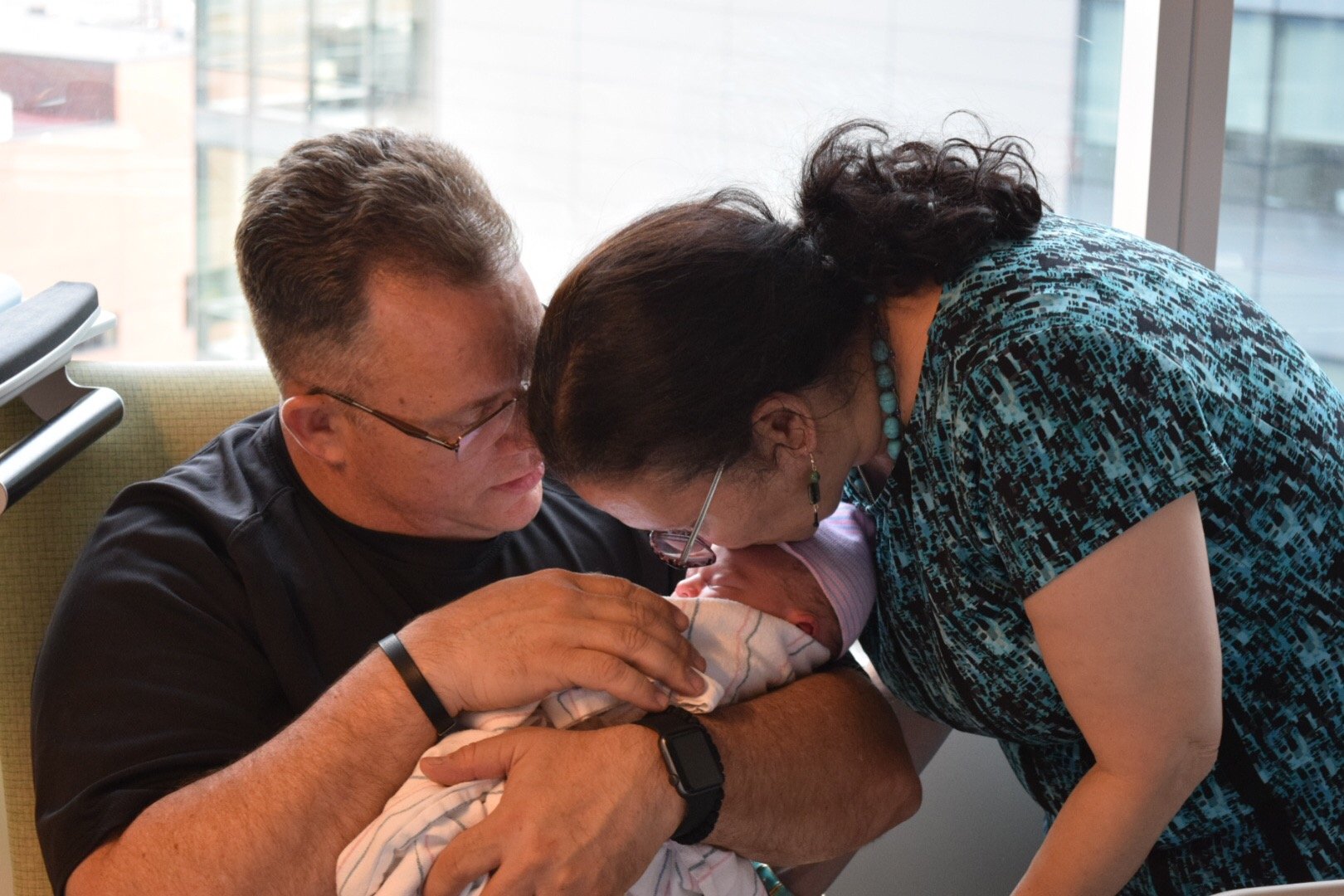Understanding Loss of Empathy with Dr. Emma Rhodes
We had the pleasure of talking to Dr. Emma Rhodes while she was on the West Coast (best coast) at UCSF. Carving out time to chat with us while working collaboratively with another institution is just the best. Thank you for your time and for sharing all this wonderful information with us, Dr. Emma!
Although this behavior can look a lot like apathy, Dr. begins Rhodes begins, “they are two different constructs of the disease.” We learned during this episode that the difference and the difference is distinct and discernible. Loss of Empathy is the lack of a reaction, while we remember that apathy is the loss of initiative or enterprise. So one is the feeling and the other is an action. They can co-exist but they are two different entities. (helpful hint: Dr. Emma suggests you picture a Venn Diagram) Dr. Rhodes goes on to explain that loss of empathy is “more than just a hurtful comment in the moment, it’s unusual and not typical of that person.”
Side note, I really appreciate the way Dr. Rhodes mentioned the term “unusual. I feel like that’s a pretty accurate way to describe some of these behaviors.
“Nothing illuminates empathy loss more than death and birth, " Dr. Rhodes continues and notes that loss of empathy, riding steady with apathy are the two major behaviors that are typically noticed first.
The conversation naturally lends itself to a spot-on definition of empathy by breaking it in two three components: cognitive, emotional and behavioral.
Cognitive: The thinking, cerebral element. A person with FTD may struggle imagining what another person is thinking.
Emotional: The relational piece. A person with FTD may struggle understanding the feelings of others and develop hardship understanding their own as well. May present as emotional blunting
Behavioral: Expressing that concern with an action (i.e. if someone is crying, consoling them with a hug or a gentle hand on the shoulder).
We found it fascinating that this is all happening at once or in silos. You can see all these elements working in stride, or more of one vs. the others. We also found it fascinating when Dr. Rhodes shared that the two variants that have the highest rate of empathy loss were “BvFTD and the Semantic Variant under PPA.”
Dr. Rhodes continues with a further and extremely impactful discussion about the caregiving side of the journey. She openly shares that she has seen every emotion … “frustration, anger, disappointment and grief.” She then expresses a piece of advice in that there is huge value in finding acceptance while learning to adjust your expectations in this disease. “Those two things will make this journey a little lighter,” Emma expresses.
Dr. Rhodes brings the episode to a close by addressing the need of the caregiver to find physical ways to let the big feelings out. “Scream into a pillow, step outside,” she describes. But you gotta get ‘em out – we agree! Dr. Emma also mentions the idea of seeking support. She explains that FTD is not Alzheimer’s and Alzheimer’s isn’t FTD. Find the FTD specific support. Sifting through now and finding the particular subset is so important. Lastly, Dr. Rhodes explains that there will always be ways to connect, and sometimes you have to look extra, extra hard – but there are always ways. Maintain your relationship with your loved one when you can. Look for the moments of joy – “they’re going to the ones that get you through.”
Loss of empathy is the lack of understanding and reaction to other’s experiences and emotions.
Due to changes in the brain, the person may not be able to imagine what others are thinking (cognitive), recognize and understand the emotions of others (emotional), and may not react in expected ways (behavioral).
Loss of empathy often has a significant impact on relationships well before the person receives a diagnosis of FTD. Early changes in empathy before FTD is diagnosed may lead loved ones to believe there is a marital problem or midlife crisis causing significant changes in relationships. Families often report that one of the first signs that led them to be concerned was the person’s unusual and unexpected reactions to significant life events such as the loss of a loved one or the birth of a grandchild.
Acknowledge the hurt, sadness and anger that occur in a relationship when a person no longer reacts in expected ways. Loss of empathy is often the most distressing symptom for spouse/partner and family. It is important for loved ones and family members to find avenues to express these emotions and gain support.
Resources from AFTD
An overview of all of the signs and symptoms of behavioral variant FTD can be printed below. This can help others better understand the person’s behaviors and reactions as symptoms of FTD: bvFTD handout
AFTD’s Loss of Empathy Guidance document offers practical suggestions for loved ones as well as health professionals to better understand this symptom in FTD.
The full issue of Partners in FTD Care that focuses on loss of empathy can be found here: Emotionally Absent: The Loss of Empathy and Connection in FTD
· Find others who are facing similar experiences through FTD support options. AFTD offers an overview of caregiver support options here:Dear HelpLine: Looking for Support Options





